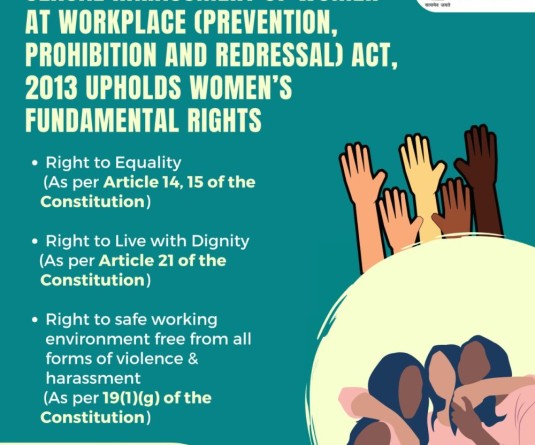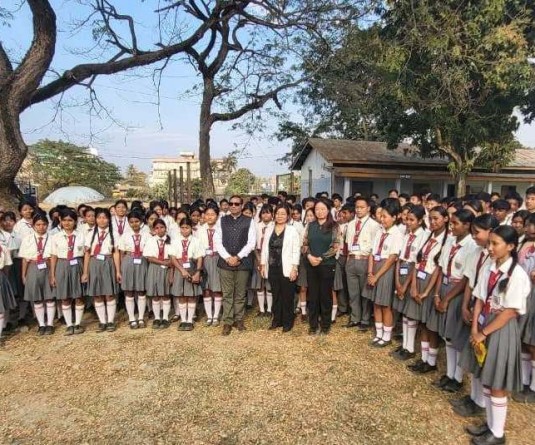People availing services during the eye surgery camp organised at Longpang Primary Health Centre, Tuensang district. (Morung Photo)

Morung Express News
Tuensang | December 6
“I can see!” Helimong exclaimed post-surgery exemplifying the profound impact of an eye camp held in Tuensang district last November. A 45-year-old resident from Sangphur village under Shamator district, Helimong was blind in both eyes for several years.
Helimong had expressed his desire to see again before undergoing the life-changing medical procedure at the annual eye surgery camp organised by the Eleutheros Christian Society (ECS), in partnership with Medical Mission International, Mercy Eye Center, Dimapur, and the National Health Mission at Longpang Primary Health Centre (PHC), Tuensang district from November 20 to 29.

The transformative initiative, supported by Azim Premji Foundation and local churches, aimed to deliver essential eye care services to the rural poor in the area.
Dr Chingkup of Mercy Eye, who has been at the forefront of this transformative camp, highlighted the challenges faced by patients like Helimong, emphasising the financial constraints and lack of accessible healthcare facilities in remote areas like Tuensang.
He expressed gratitude for the opportunity to make a meaningful impact on the lives of those in need. “I am always happy, delighted, to come and help patients such as Helimong,” said Dr Chingkup who has been involved in the camp since its inception.

The eye camp was conducted across 45 villages, catering to residents of Tuensang, Noklak, Mon, Longleng, and Shamator districts. The primary focus was on providing crucial eye surgeries, with a meticulous screening process evaluating 761 individuals before the commencement of procedures.
During the camp, a total of 803 people from the various districts registered to avail the services. Of these, 779 individuals underwent eye screening and 24 received general medical attention. Further, 103 patients underwent eye surgeries, with 66 of these cases identified during the initial screening phase. The camp also distributed around 700 spectacles, addressing the broader need for vision correction.
Reflecting on the success of the camp, Dr Chingkup acknowledged the role of ECS in identifying and gathering cases, enabling effective collaboration with medical professionals. He praised ECS for its consistent efforts in reaching out to different regions and identifying individuals in need of eye care.
This intervention held particular significance in regions where healthcare is both inaccessible and financially burdensome. The impact was vividly illustrated by instances of patients, driven by the hope of restored vision, making arduous journeys on foot to undergo surgery without attendants. The collaboration also showcased the power of humanitarian initiatives to transform lives and communities.






